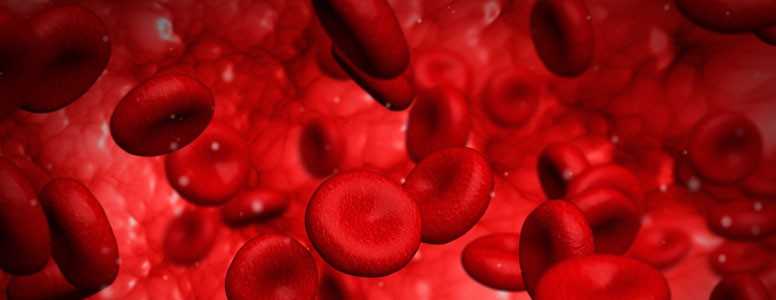Diabetic fruit flies could help researchers understand more about diabetes, Alzheimer’s disease and cancer.
In a recent study a team of researchers looked at the insulin signaling process in the drosophila melanogaster flies.
A high-sugar diet, made up solely of bananas, leads to the development of a diabetic-like state in the fruit flies, which is similar to humans.
The research, led by Professor David Arnosti, from the Michigan State University (MSU), looked into how the insulin receptor gene within the fly may have a knock on effect that may affect a number of conditions from cancer to Alzheimer’s disease.
Graduate student from Prof. Arnosti’s lab and study co-author Yiliang Wei, stated: “This regulation is similar to the volume control on a hearing aid. If you turn it way down, it doesn’t matter how loud someone shouts at you.”
The team from MSU found that there were a large number of genetic switches which controlled expression of the receptor. Previously, it had been thought that regulation of the receptor was much simpler.
The researchers speculate that turning down the expression of the receptor could reduce the risks of type 2 diabetes and Alzheimer’s. However, they also note that over-expression could result in an increased risk of cancer and therefore any intervention into this area would need to be done with care.
A similar effect may have been observed in the human world of medication. The diabetes drug Actos not only treats type 2 diabetes but has also been linked with a preventative effect against Alzheimer’s disease. However, on the other side of the coi, data has pointed towards a possible increase in risk of bladder cancer associated with the drug.
Fruit flies have represented interest for researchers for a number of years. In 2015, researchers from Columbia University discovered an insulin-regulating hormone, limostati, that was found in this form of fly.
Professor Arnosti said their own findings has given them a better understanding of how the human gene may be regulated which will help in future studies.
The findings were released in the Development journal.
What's new on the forum? ⭐️
Get our free newsletters
Stay up to date with the latest news, research and breakthroughs.





